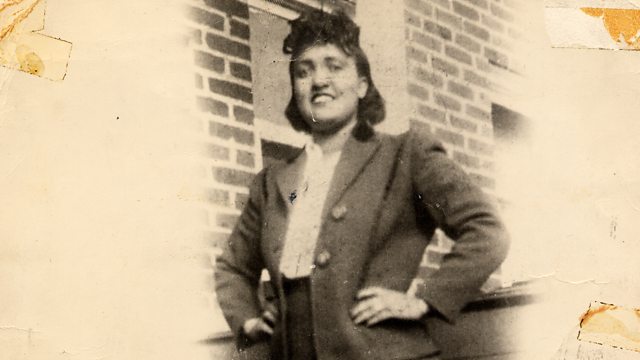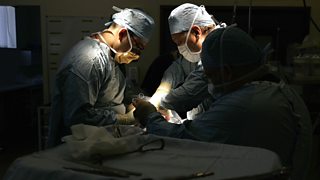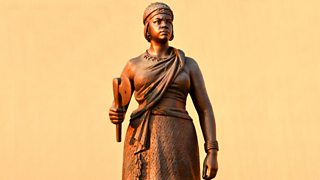The woman whose cells changed medical history
Henrietta Lacks died of cancer in 1951, but the billions of cells created from her unusually virulent tumour helped make possible all sorts of medical breakthroughs.
The story of a young mother who unwittingly left behind a vast medical legacy. Henrietta Lacks died of cancer in Baltimore in 1951 and though she never gave consent to her tissue being used for research, doctors at the time found that her unusually virulent tumour had extraordinary properties. As her cells multiplied in labs around the world, they helped make possible all sorts of medical breakthroughs, from the polio vaccine to cancer drugs and IVF treatment. But it took the Lacks family decades to discover what was going on, and the story raises questions for all of us – about medical ethics, institutional racism, and our right to privacy.
Joining Bridget Kendall to discuss this remarkable story are: Henrietta Lacks' grandson David Lacks Jnr who's on the board of the HeLa Genome Access Working Group; the award-winning science writer, Rebecca Skloot, whose book The Immortal Life of Henrietta Lacks brought the story to the world's attention a decade ago; and Sir John Burn, Professor of Clinical Genetics at Newcastle University.
Produced by Jo Impey for �鶹������ҳ��� World Service
Image: Henrietta Lacks
Image credit: Lacks Family
Last on
More episodes
Broadcasts
- Thu 12 Nov 2020 10:06GMT�鶹������ҳ��� World Service
- Fri 13 Nov 2020 00:06GMT�鶹������ҳ��� World Service
- Sat 14 Nov 2020 16:06GMT�鶹������ҳ��� World Service News Internet
- Sun 15 Nov 2020 15:06GMT�鶹������ҳ��� World Service except News Internet
- Mon 16 Nov 2020 03:06GMT�鶹������ҳ��� World Service
Featured in...
![]()
Health, medicine and the body—The Forum
The people and discoveries that changed how we deal with our physical health
![]()
Revolutionary women—The Forum
Warriors, scientists, visionaries: women who changed the world
What is the role of libraries in the digital age?
Podcast
-
![]()
The Forum
The programme that explains the present by exploring the past





